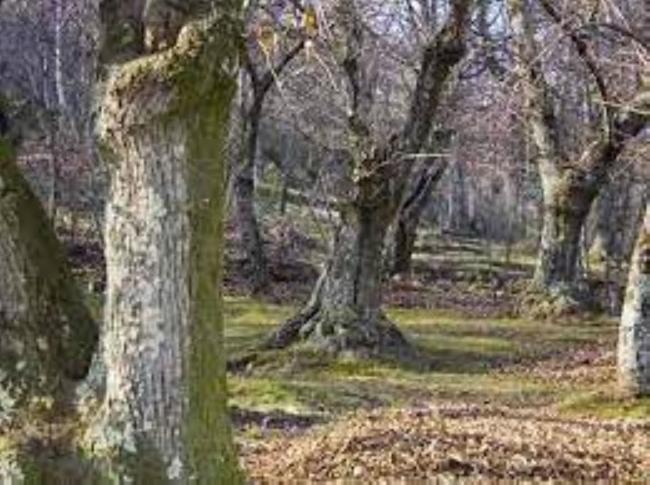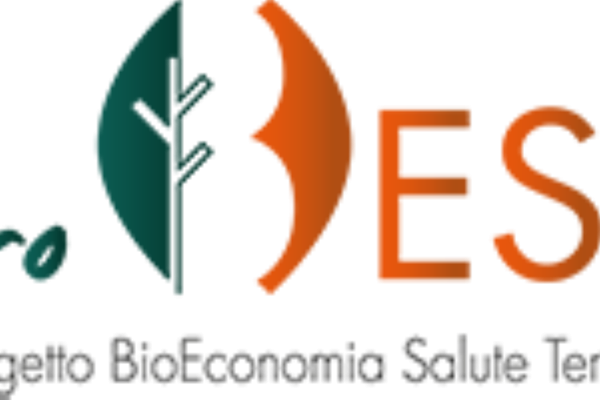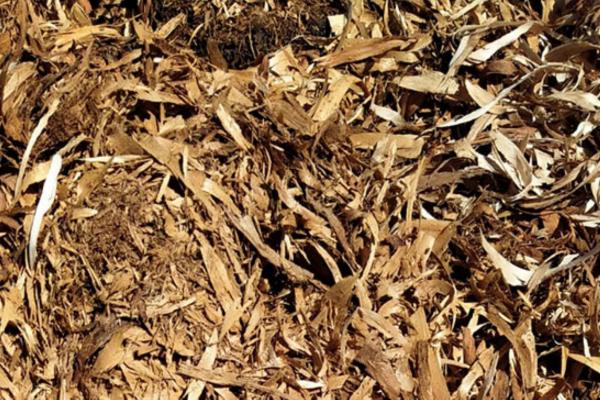Project BioEconomy Health Territory, circular economy for the supply chain wood-energy

Support the economic and ecological functionality of the forestry wood-energy chain, combining the aspects of profitability, sustainability and consistency with the bio-geochemical cycles of ecosystems, in view of green and blue economy. The three aspects of innovation: 1) the reuse of by-products generated by the forestry supply chain with the aim of a full circularity of production, increasing the resilience of agro-forestry systems to climate change; 2) make the production of woody forest fuels increasingly compatible to reduce environmental and health risks 3) the definition of advanced certification schemes of forest sustainability.
The innovation potential of ProBEST are: 1) promoting the agronomic use of bark and chips; 2) promoting the agronomic use of ashes, both as a by-product and as a component of new-generation fertilizers with reduced energy impact3; 3) promoting the use of achylate gasoline in Piedmont forestry companies, reducing the risks and dangers for forestry personnel and repiling the conditions of use as a standard and ordinary format; 4) promoting the use of biodegradable fluids, reducing the potential risks of environmental contamination; 5) Advancing the requirements of forest sustainability certifications;
"In a context of declining timber production and processing, wood fuels have proved to be the driving force behind Piedmont's forestry economy. However, the positive feedback can be triggered only in the case of production of qualified fuels, able to adequately remunerate forestry work; instead, where the market demand focuses on cheap fuels and is indifferent to traceability, it is rather favored the persistence of an underground economy, unprofessionalized and poorly inclined to entrepreneurial and environmental growth. The market is increasingly rewarding a model of forestry company able to produce qualified fuels and to integrate the entire wood-energy chain, from the forest to the sale of thermal energy. This makes it possible to increase the added value of wood fuels, to ensure adequate remuneration for forestry work and, finally, to transfer value from energy to the forest, making the management of Piedmont's forests more profitable. In order to produce quality fuels, control the entire supply chain and ensure an increasingly sustainable and ethical forest management, it is appropriate to address some elements: 1) production of bark and coppice 2) use of achillate gasoline 3) use of biodegradable fluids for operations in the forest. Only by addressing these elements with a view to innovation and reward will the forestry sector be able to grow sustainably, both economically and in terms of actual environmental and social sustainability. Translated with www.DeepL.com/Translator (free version)"
Production of bark and remnants. In the production of woody forest fuels (wood chips or firewood), in order to ensure a low presence of incombustible elements (ash) and therefore a low level of PM10 emissions, the presence of bark and branches must be limited. However, both the increasing mechanization of forestry (which allows the processing of whole trees) and the forest management requirements increasingly impose the exodus of brushwood. At present, it can be chipped and delivered, essentially at cost price, to thermoelectric plants; besides not being a particularly remunerative solution, it is limited in time, since woody biomass thermoelectric plants will progressively decrease in number as the incentives supporting their economic feasibility run out. Probest intends to promote an agronomic use, through shredding, direct use (bark) or composting (twigs), as mulch (bark) or soil conditioner (twigs) to increase organic carbon in agricultural soils and to replace fossil peat (the use of which is gradually being eliminated, as it is not a sustainable resource). This use, in Piedmont, has been, in recent years, at least partially analyzed. It is expected to identify operational solutions that can converge the production of forest bark and brushwood and the management of linear infrastructure and green areas, with a view to a strictly territorial system for the circular economy of rural areas.
"Ash production: small thermal plants that can be directly managed by forestry companies produce very limited quantities of virgin wood ash.
directly by forestry companies produce very limited quantities of virgin wood ashes. Although these ashes have important agronomic qualities and are included among the soil improvers for organic farming, in Italy they are classified as special waste1. Efficient plants and fully controlled supply chains guarantee the production of high quality ashes, but nevertheless, given the limited quantities produced, a forestry company is not able to produce ashes of high quality.
produced, a forestry company generally does not have the opportunity to enter into agronomic use agreements, which under the By-products Decree (DM 13 October 2016 n.264) would allow the ashes to be taken out of the waste circuit. As a result, forestry companies face the high costs of management as waste (currently up to over 500€/t) and are forced to waste economic and agronomic value2. Probest intends to promote its agronomic use, both directly as a by-product and as a component of new generation fertilizers with reduced energy impact3. Probest intends to identify those organizational and operational solutions able to meet the regulatory requirements on the use of secondary raw materials and to fully exploit the potential of both agronomic and economic ash from forest wood combustion, according to a modern bio-economic approach of cascade valorization."
Chainsaw operators are exposed to uncatalyzed exhaust from chainsaw engines, and if they are running on regular gasoline they are constantly inhaling a carcinogen (benzene). Although there are commercial benzene-free alternatives (alkylate petrols) and although worker safety regulations require employers to use the non-hazardous product where available, few forestry companies use alkylate petrols for cost reasons. In fact, such petrols are totally imported and in addition to a price increase due to the restricted national market, they are loaded with a double taxation, both in the country of production and in Italy. Probest intends to encourage their use by Piedmontese forestry companies, thus reducing the exposure of forestry personnel to proven carcinogens and replicating the conditions of widespread and ordinary use that are now standard in many transalpine countries. A potential innovation, for which, however, the response of companies in the sector must be verified, is the national production (in Piedmont, in particular) of alkylated gasoline or, directly, of biofuels substituting them.
Use of biodegradable fluids for forestry operations: unlike other European countries (e.g. Switzerland, Austria, Germany), in Italy the use of biodegradable working fluids is not mandatory or encouraged, neither for those certainly dispersed (e.g. lubricating oil of chainsaws chains), nor for those of operating machines (hydraulic fluids), which can be spilled, even in significant quantities, in case of accident. Consequently, in addition to widespread malicious and dangerous practices for health as the reuse of exhausted engine oils in the lubrication of chainsaws, the forestry machinery market disfavors (for costs and guarantees provided) the demand for machines equipped with biodegradable fluids. Probest intends to promote the use of biodegradable fluids in forestry companies, reducing the potential risks of environmental contamination, replicating the conditions of use that are now an obligation in other countries and promoting the evolution of the forestry (and agricultural) machinery market in Piedmont and Italy.
Advancing the requirements of forest sustainability certifications: Probest intends to encourage the integration of project themes into certification processes, thus expanding the concept of "certified sustainability". In this, the project experience would be, in whole or in part, a pilot not only nationally, but internationally.
Presentazioni del Workshop “Buone Pratiche di Bioeconomia: un confronto tra progetti Europei sviluppati in Italia”
Italia| Titolo/Descrizione | Url | Tipologia |
|---|---|---|
|
Sito web del progetto
|
Sito web
|
|
|
Video Workshop "Buone pratiche di Bioeconomia: un confronto tra progetti Europei sviluppati in Italia"
|
Materiali utili
|
|
|
Documenti del progetto
|
Materiali utili
|


